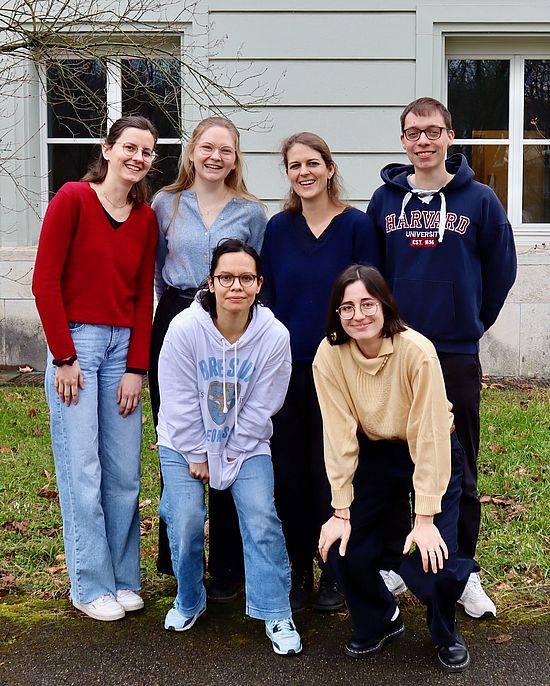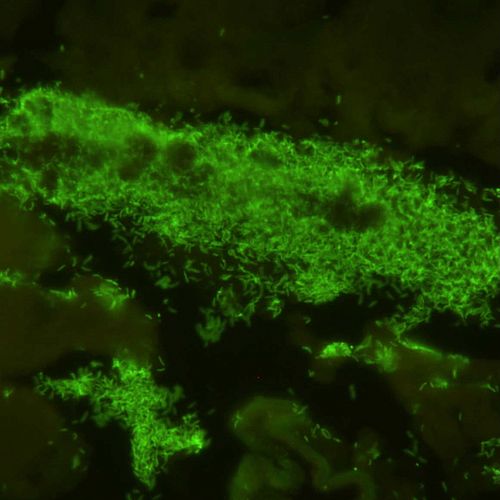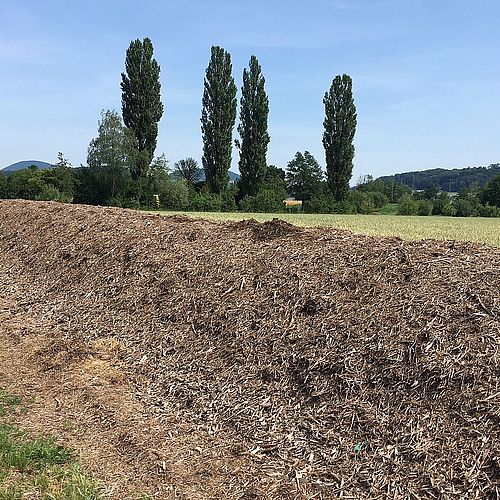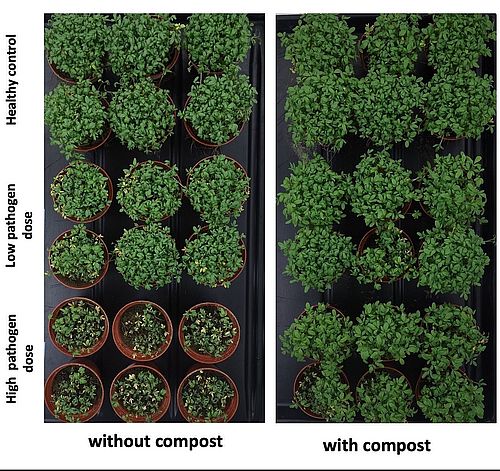About us
Our interest is to understand how plant-beneficial bacteria interact with plants and plant pathogens to prevent diseases.
Currently, a major focus is on understanding the disease-suppressive activity of compost microbiomes. Soil-borne diseases cause major losses in agriculture, and compost applications are an effective and environmentally friendly means to prevent them. However, the disease-suppressive activity differs among composts and cannot be predicted before an application. The protective activity is due to the microbes living in the compost, but it is still largely unknown which microbes are responsible for suppressing soil-borne pathogens. In a project led by FiBL and Agroscope, we aim to understand how the compost microbiome is suppressing soil-borne diseases and to develop tools to predict suppressiveness as well as to improve the disease-suppressive activity of composts.
We are further interested in the ecology of plant-beneficial rhizobacteria, especially of the Pseudomonas fluorescens group. We want to understand their interactions with plant and insect hosts, pathogenic microbes, and the environment.
Quick Links
Social Media




